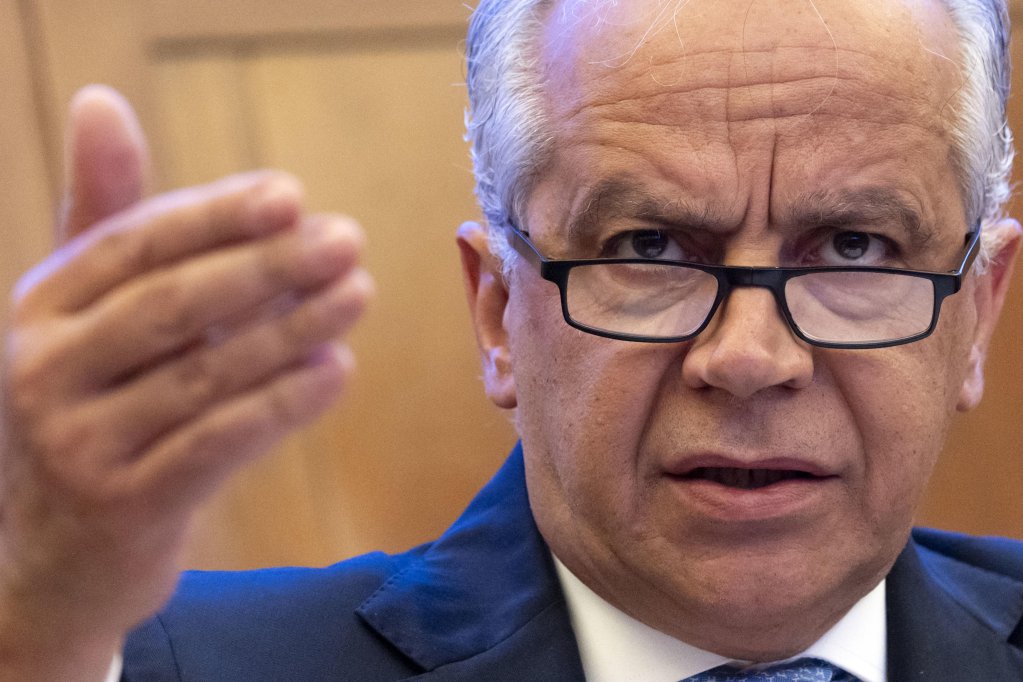On May 21, Italy’s Interior Minister Matteo Piantedosi accused part of the judiciary of being influenced by ideology in their handling of migration-related cases. His statement came as the Constitutional Court began reviewing his 2023 decree that imposed tough restrictions on NGOs involved in sea rescues.
According to Piantedosi, some court opinions seemed biased and not based on rational thinking. He said such decisions weaken the credibility of the judiciary. “Some of their opinions had a clear ideological flavor and were debunked by rational considerations,” he said. “This is not beneficial for the credibility of the institution.”
The minister also criticized the idea that countries considered safe for Italian tourists are now seen as unsafe for returning migrants. He added, “But the wind is changing and there is a progressive evolution of Europe toward the path indicated by the Meloni government.”
His remarks came as the Constitutional Court held a public hearing on his controversial decree. The decree, which became law in January 2023, places strict rules on non-governmental organizations (NGOs) that rescue migrants at sea. The decree is being challenged by the NGO SOS Méditerranée, whose ship Ocean Viking was detained after saving 261 people in February 2024.
Why is this migration issue important?
It highlights a growing clash between the government and humanitarian groups over how to treat migrants. While the government wants tighter controls, NGOs say they are simply following international laws that require rescuing people in danger at sea.
Lawyer Dario Belluccio, representing SOS Méditerranée, argued that the decree is “punitive” and violates international agreements. “International conventions oblige the rescue of people at sea in all cases and all circumstances,” he stated. He added that Italy cannot punish organizations for saving lives.
He also criticized the use of Libyan authorities as partners in migrant issues. According to him, Libya does not follow international laws or protect human rights.
The Italian State Attorney, however, defended the decree. Lorenzo D’Ascia told the court the 20-day detention of the Ocean Viking was “a soft sanction” meant to prevent repeated violations. He said it was necessary for the sake of public safety and to protect proper rescue operations.
The Constitutional Court is expected to announce its decision in the coming days. This case may shape how Italy handles migration and rescue missions in the future.

